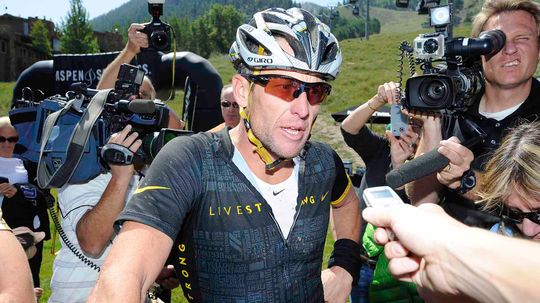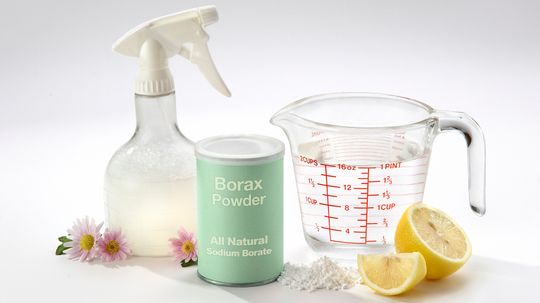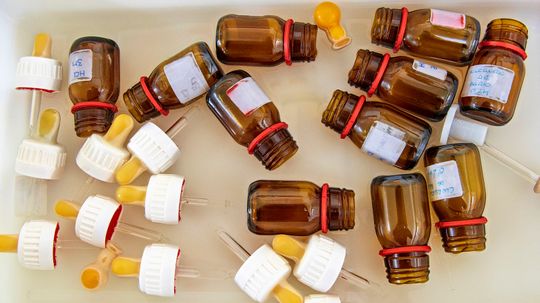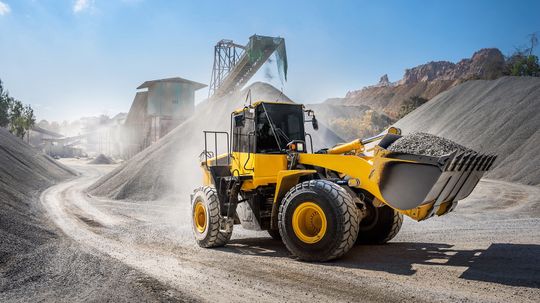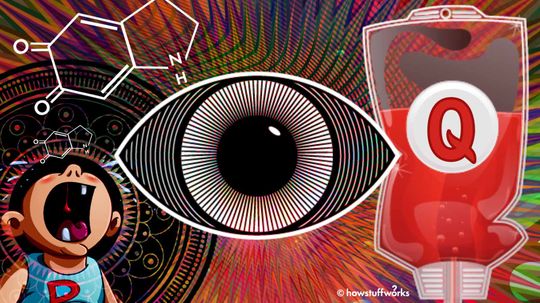Chemistry
Chemistry is the science of matter and the changes it undergoes during chemical reactions. In this section, learn about everyday chemistry, from chlorine beach to helium, and even why chocolate turns gray.
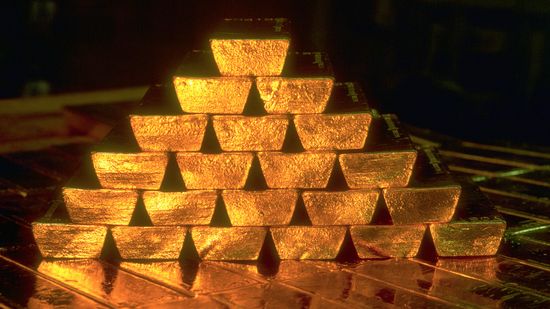
The Most Expensive Metal in the World Isn't Gold or Platinum
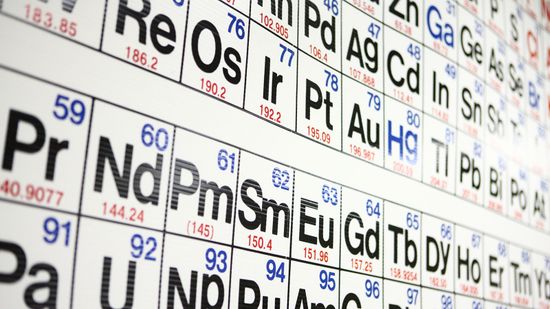
It's Elementary: The Periodic Table Quiz
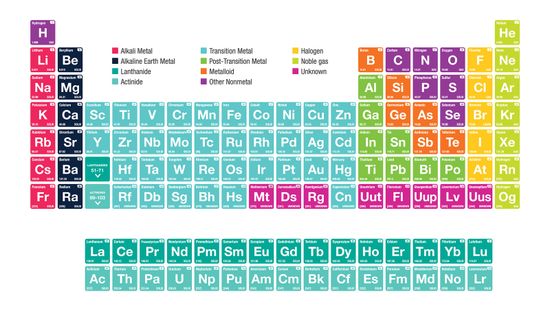
Alkali Metals: Elements in the First Column of the Periodic Table
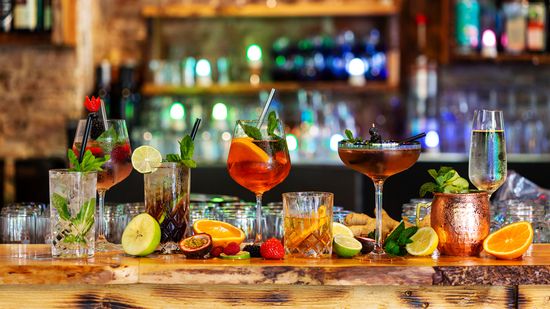
7 Types of Alcohol for Drinking, Cleaning and More

Understanding the Empirical Formula in Chemistry
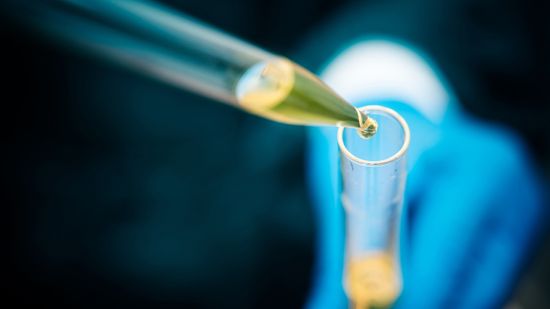
Strong Bases: Properties, Applications and Examples
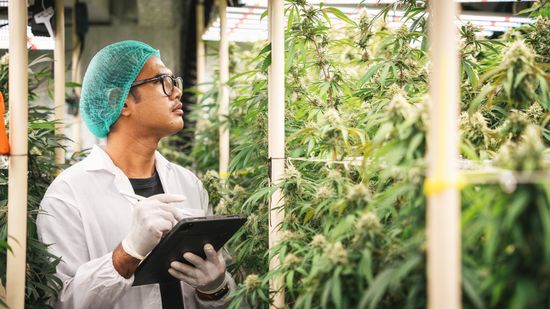
Delta-8 vs. Delta-9: Comparing Types of THC
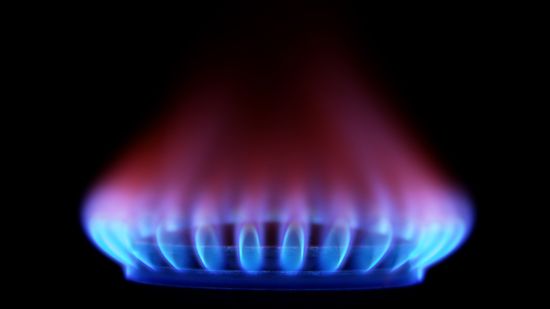
What Color Is the Hottest Flame?

Why Do Bubbles Pop?
Learn More / Page 4
The list of superstar athletes accused of - and admitting to - taking performance-enhancing drugs is almost as impressive as the number of sports that they compete in. And we're not just talking about steroids.
By William Harris, Jennifer Walker-Journey & Austin Henderson
Borax, a popular addition to laundry detergents and slime recipes, is a natural ingredient that has been getting flack for possibly being harmful to children. But is this true?
By Alia Hoyt
It's an odorless gas that's present in a variety of home products, cosmetics, car exhaust and even humans. But is it bad for us?
Advertisement
You might wonder what phosphates do, but they are so intrinsic to our daily lives that the question really is: What don't phosphates do?
Adrenochrome has been linked to schizophrenia and the LSD counterculture movement. Now QAnon conspiracy theorists say it's part of a child sex-trafficking cult. So what's the truth behind this chemical compound?
